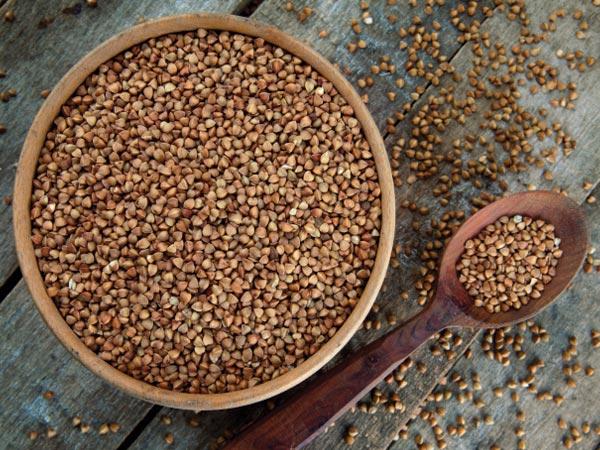One of the workshops I taught on the East Coast was called Theories of Healthy Eating where I explore Ayurveda, Macrobiotics, and Raw Foods.
Each system has given me specific gifts in my journey of nutrition and health.
Macrobiotics helped garner a better understanding of the world of grains.
Carbs get a bad reputation in our culture because of gluten, blood sugar imbalance, and the way they have been processed and refined which ends up creating inflammation throughout the body. However, not all carbs are created equal.
While in general it is vital to have a large proportion of high quality fats, veggies, and some fruit, gluten free grains can be used as wonderful guests to round out the party.
Many people are getting more familiar with quinoa and brown rice, which is very good news.
Quinoa (pronounced keen-wa) as a potent food full of protein, energy, and a much lower acid profile compared to other grains.
Brown rice is full of selenium, fiber, and supports heart health.
But what about the other grain heroes that get much less attention but are just as potent?
- Amaranth: One of my favorite breakfast grains as it gets gooey looks very similar to quinoa only smaller. Its full of B vitamins, calcium, and vitamin C.
- Buckwheat: Also known as kasha is high in manganese which is important for bone and skin health. It also supports cardiovascular health and blood sugar regulation.
- Millet: A bit of a larger grain this powerhouse supports repair of body tissue and is full of antioxidants. Combines well with cauliflower for a potato free mash.
- Oats: Many conventional oats are contaminated with gluten, but you can find certified gluten free. Oats lower unwanted cholesterol, help immunity, and are lubricating for the digestive tract.
- Sorghum: Widely used in Africa this grain may reduce cancer tumor growth and is full of antioxidants.
- Teft: Used in Ethiopian cuisine this potent staple is high in calcium and iron and is always a whole grain as its too small to be refined.
Here is a simple resource on how to cook these grains...and remember to soak and strain your grains at least 8 hours before cooking them to ensure they are more digestible.
Take a break from wheat, its so 10,000 BCE. Gluten-free grains are in!

